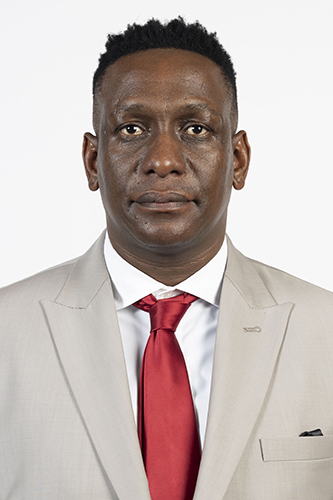By Thapelo Molefe
South Africa’s Technical Vocational Education and Training colleges are facing significant difficulties in implementing the Post-Provisioning Norms framework, including staff placements, according to the Higher Education and Training Department.
These challenges, which were highlighted during a presentation by the department to the Portfolio Committee on Higher Education and Training on Wednesday, revolved around budget constraints, staff placements and compliance with recruitment processes.
The TVET PPN policy supports the implementation of Section 20 of the Continuing Education and Training Act, which authorises the minister to establish posts within a structure, with remuneration aligned to the department’s budget and strategy.
However, full implementation of the PPN for TVET colleges could not be achieved in 2021/22 due to incomplete or delayed submission of necessary information by the colleges.
This further caused delays in finalising verification processes and transferring staff to the public service’s payroll.
According to the department, in the 2021/22 financial year, only 24 of the 50 colleges were able to process the PPNs, with the remaining 26 colleges scheduled for processing from 1 April 2022.
Despite progress in some areas, Rhulani Ngwenya, who is the department’s deputy director-general for corporate management, said that many institutions were grappling with financial shortfalls and delays, impacting their ability to fully implement the PPNs.
One of the key issues flagged in the presentation was budgetary constraints, with several colleges warning of potential overspending if the PPNs were fully implemented.
Ngwenya cited Buffalo City College in East London as an example, saying it would require an additional R12 million.
“If they had proceeded and implemented to the end, they would have had to overspend on the budget,” Ngwenya noted.
She said other colleges such as King Hintsa College in Butterworth in the Eastern Cape, also reported difficulties due to disagreements over staff placements, leaving some employees unmatched with positions and still on the payroll.
In addition to financial challenges, Ngwenya pointed to inefficiencies in the staff matching and placement process, with concerns over whether employees were placed in roles that aligned with their skills and experience.
The department has identified key vacant positions, including three principal positions in Community Education and Training (CET) colleges in Limpopo, Gauteng and the Eastern Cape, as well as eight vacancies in TVET colleges.
Ngwenya said that to address these gaps, a recruitment plan was underway, prioritising 92 positions, with dedicated advertisements for college principals, deputy principals and campus managers.
The department aimed to fill these vacancies by January 2025.
“We could have done better in terms of the management of systems of internal control,” a report from the department presented to the committee said.
It recommended further budget reprioritisation and a review of placement procedures to address the remaining challenges.
Committee chairperson Tebogo Letsie expressed frustration with the department’s presentations, saying that the vacancies dated as far back as the 2020/21 financial year.
Letsie said the presentations failed to provide satisfactory explanations why there had been a delay in filling the positions.
He emphasised that simply stating “we could have done better” was insufficient.
Letsie criticised the lack of accountability, noting that there was no evidence of consequence management against those responsible for the vacancies.
The chairperson also highlighted concerns about individuals being placed in positions that they were unqualified for due to inadequate internal controls.
INSIDE EDUCATION










